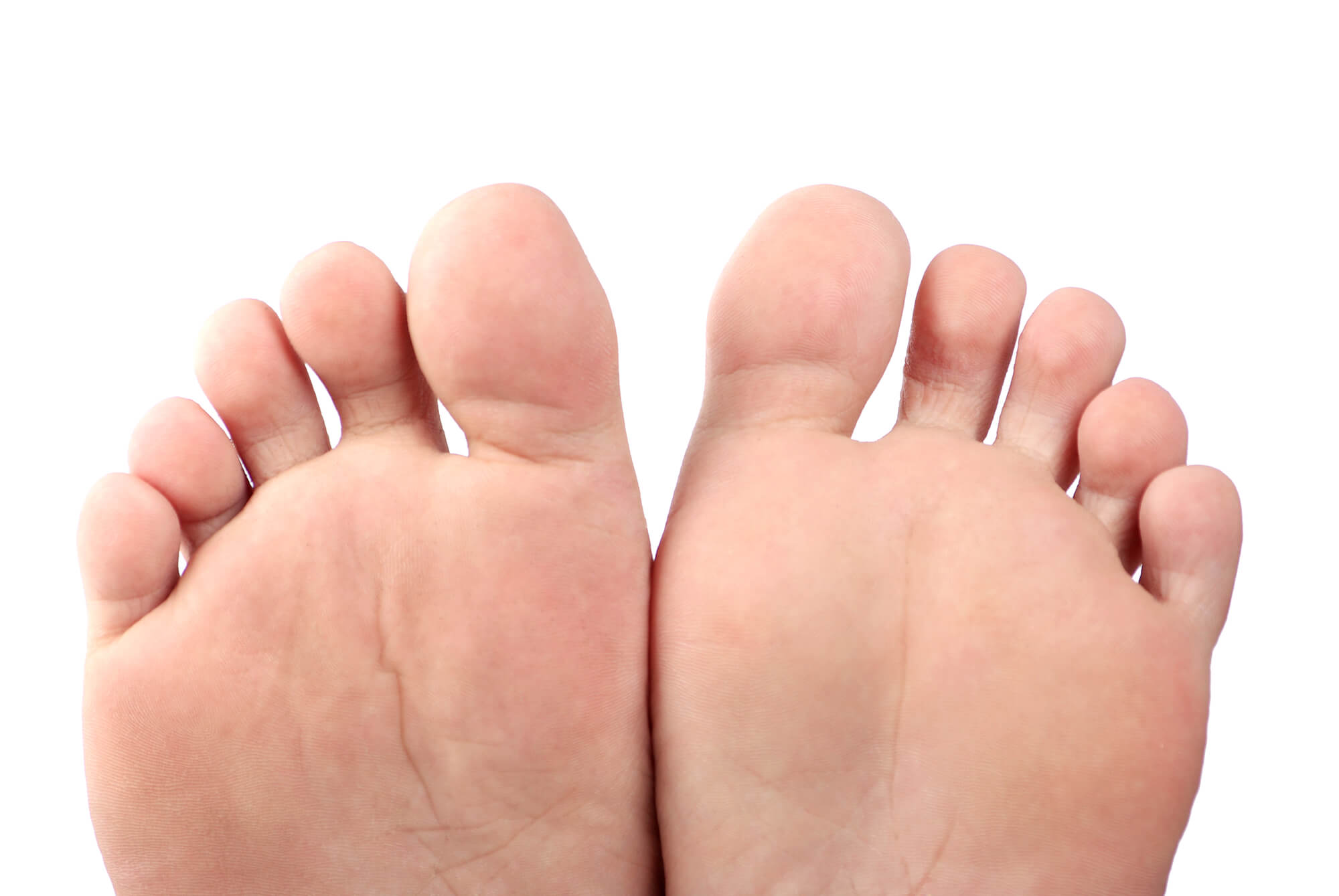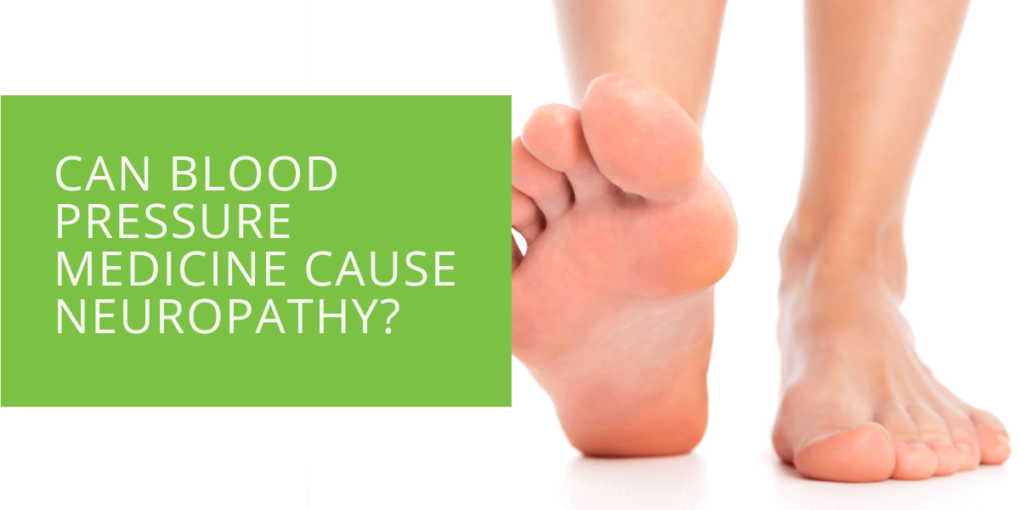Can Blood Pressure Medicine Cause Neuropathy?
Neuropathy is a condition characterized by nerve damage, often resulting in numbness, tingling, and pain. Many people rely on blood pressure medication to manage hypertension and maintain cardiovascular health. However, a growing concern is whether certain blood pressure medications can cause or contribute to neuropathy. In this article, we will explore the potential link between blood pressure medicine and neuropathy, examining the types of medications involved, possible mechanisms, and steps you can take to minimize the risk.
Understanding Neuropathy
Neuropathy is a broad term referring to nerve damage that can affect various parts of the body, including the peripheral nerves. Peripheral neuropathy is a specific type of neuropathy that affects the peripheral nervous system, leading to symptoms in the hands, feet, and legs. These symptoms may include numbness, tingling, burning sensations, and pain. While neuropathy can have various causes, including underlying medical conditions and injuries, the question remains whether blood pressure medication could contribute.
Blood Pressure Medications and Neuropathy
Blood pressure medications, also known as antihypertensive drugs, are prescribed to lower blood pressure and reduce the risk of cardiovascular events. However, some of these medications have been associated with the potential to cause or worsen neuropathy. It is important to note that not all blood pressure medications are known to cause neuropathy, and the risk varies among different classes of drugs.
Types of Blood Pressure Medications Associated with Neuropathy
Certain classes of blood pressure medications have been identified as having a potential risk of causing or exacerbating neuropathy. These include:
- Beta-Blockers: While beta-blockers are effective in lowering blood pressure, they have been known to contribute to peripheral neuropathy in some individuals. The exact mechanisms by which beta-blockers may cause neuropathy are not fully understood.
- Calcium Channel Blockers: Calcium channel blockers are another class of blood pressure medication linked to developing or worsening neuropathy. These drugs relax blood vessels, but their potential effects on nerve function warrant caution.
- ACE Inhibitors: ACE inhibitors are commonly prescribed to lower blood pressure but have been reported to cause peripheral neuropathy in rare cases. Further research is needed to determine the precise relationship between ACE inhibitors and neuropathy.
- Thiazide Diuretics: Thiazide diuretics, often used as first-line treatments for hypertension, have been associated with an increased risk of developing neuropathy. These drugs can lead to electrolyte imbalances, potentially affecting nerve function.
It is important to remember that not everyone who takes these medications will develop neuropathy, and the risk must be weighed against the potential benefits of blood pressure control.

Lowering Blood Pressure and Neuropathy Risk
Maintaining optimal blood pressure is crucial for overall health, but managing the risk of neuropathy is equally important. Here are some strategies to help lower blood pressure while minimizing the risk of neuropathy:
- Lifestyle Modifications: Implement healthy lifestyle habits, including regular exercise, a balanced diet, weight management, and stress reduction. These changes can help lower blood pressure naturally and improve overall cardiovascular health.
- Medication Management: If you are concerned about the potential risk of neuropathy with your current blood pressure medication, discuss your concerns with your healthcare provider. They may consider adjusting your medication regimen or exploring alternative options to minimize the risk while managing your blood pressure effectively.
- Regular Monitoring: Keep track of your blood pressure levels and report any neuropathy symptoms, such as numbness, tingling, or pain, to your healthcare provider. Regular monitoring and open communication can help ensure the timely detection of any potential issues and enable appropriate interventions.
- Individualized Approach: Each person's health profile and response to medication can vary. Work closely with your healthcare provider to develop an individualized treatment plan that considers your unique circumstances, including existing medical conditions, overall health, and potential risk factors for neuropathy.

Recognizing and Managing Neuropathy
Recognizing the symptoms of neuropathy is essential for early detection and management. If you experience any of the following symptoms, it is important to consult with a healthcare professional:
- Numbness or tingling sensation in the hands, feet, or legs
- Burning or shooting pain
- Muscle weakness or difficulty in coordination
- Sensitivity to touch or temperature changes
- Changes in reflexes or loss of balance
If your healthcare provider suspects your blood pressure medication may contribute to neuropathy, they may recommend adjustments to your treatment plan. This could involve changing the dosage, switching to an alternative medication, or exploring additional therapies to alleviate the symptoms.
In managing neuropathy, a multidimensional approach is often adopted. This may include:
- Pain Management: Medications, such as certain antidepressants or anticonvulsants, can help relieve neuropathic pain. Physical therapy, occupational therapy, and transcutaneous electrical nerve stimulation (TENS) may also be beneficial in managing pain symptoms.
- Lifestyle Modifications: Healthy lifestyle practices, such as regular exercise, a balanced diet, stress reduction techniques, and adequate sleep, can support overall nerve health and minimize symptoms.
- Alternative Therapies: Complementary and alternative therapies, including acupuncture, massage therapy, and biofeedback, may relieve neuropathic symptoms for some individuals. However, consulting with a qualified healthcare professional before pursuing these treatments is important.
- Patient Education and Support: Education about neuropathy, self-care strategies, and emotional support can be instrumental in managing the challenges associated with this condition. Support groups or counseling can provide a valuable space to share experiences and gain insights from others facing similar circumstances.
Conclusion
While blood pressure medications play a vital role in managing hypertension and reducing the risk of cardiovascular events, some medications have been associated with the potential to cause or worsen neuropathy. Understanding the relationship between blood pressure medicine and neuropathy is crucial in making informed decisions about treatment options. By maintaining open communication with healthcare providers, monitoring symptoms, and adopting a holistic approach to blood pressure management, individuals can work towards achieving optimal cardiovascular health while minimizing the risk of neuropathy.
Key Takeaways
- Certain blood pressure medications have been associated with the potential risk of causing or exacerbating neuropathy.
- The risk of developing neuropathy varies among different classes of blood pressure medications.
- It is important to monitor symptoms closely, communicate with healthcare providers, and explore individualized treatment plans to balance blood pressure management and minimize the risk of neuropathy.

